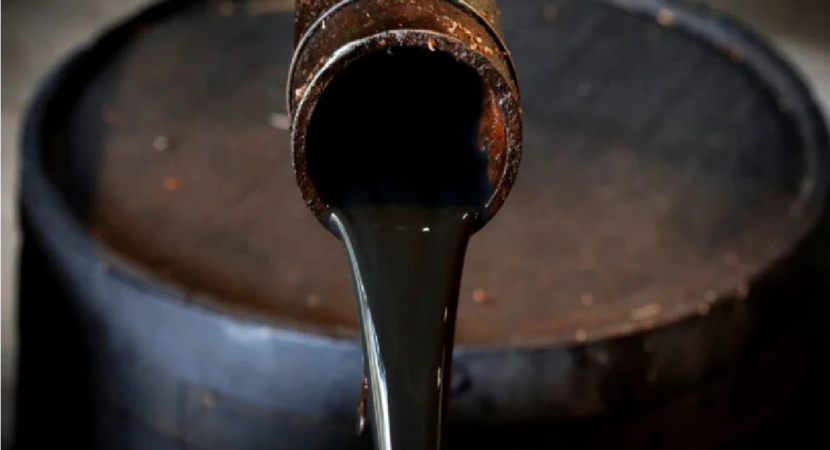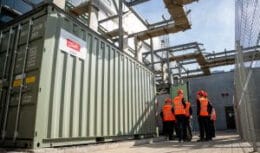
Russia had been trying for more than a decade to create its own reference price for oil and, with the war in Ukraine and Western sanctions, this need was amplified.
Faced with a series of sanctions imposed by the US and its allies on oil coming from Russia, due to the war in Ukraine, the Russian government decided to draw up a plan for the creation of its own reference price for the fuel, in an attempt to circumvent the restrictions. suffered.
Under this bias, the main Russian ministries, domestic oil producers and the country's central bank intend to launch, as early as October, an oil trading platform, according to a document accessed by Bloomberg News.
Thus, the Russia will try, according to the plan, to attract international partners to buy oil through its new market, in order to reach trading volumes large enough to establish a price reference between the months of March and July of next year.
For more than a decade, Russia had already been making attempts to create its own oil reference, but with little success. In this sense, some of the country's producers have been selling lots of oil export-oriented on the Spimex commodity exchange, in Moscow, however the traded volumes did not reach a value high enough to stipulate a globally accepted reference.
Russia's ambitions are increased since the G7 countries reached an agreement to impose a cap on the price of Russian oil
After the invasion of Ukraine led to multiple Western restrictions on Russian oil, the country's ambitions intensified even more. Last month, the G7 nations agreed to urgently focus efforts on reducing Moscow's oil revenue by imposing a price cap.
Russia's main export oil is called Urals, and is usually bought and sold at a reduced price in relation to Brent oil, which is a world reference. Since the invasion, however, the discount on the value of the Urals has increased significantly as sanctions have made Russian barrels less attractive.
Still, the broader rally in global prices has allowed the flow of petrodollars into the Kremlin's coffers to remain high and unabated.
Russian officials discuss creating an independent price reference
According to two Russian officials, who spoke on condition of anonymity, work on creating a national price reference is ongoing, and the country's aim is to ensure that its oil can be sold without any external pressure or restrictions. One of the authorities also added that the G7 proposal only reaffirmed the need for an independent Russian reference.
Furthermore, an executive at a Russian oil producer, who also chose to remain anonymous, confirmed that discussions about a benchmark had taken place.
The document demonstrates that the proposal is still at an early stage, and that it is still necessary for government bodies to determine whether Russia needs additional legal frameworks for trading oil on the platform.
Russia's Energy Ministry did not immediately respond to a Bloomberg request for comment.
Also read this article: G7 promises to stop importing oil from Russia
For the White House, the G7's attitude of depriving Russia of oil imports will have a negative impact on President Vladimir Putin's economy and deprive him of the necessary funding to support his war effort.













Except that "us" doesn't exist because you...
I have always been very satisfied with Onix.
And the F16 shot down 2 kites…
When to arrive in Brazil
This article has been repeated for a year, no…
In the last government, the armed forces only…
Remembering that this price is direct conversion.…
MAKE SURE YOU ARE ON THE EXTREME RIGHT